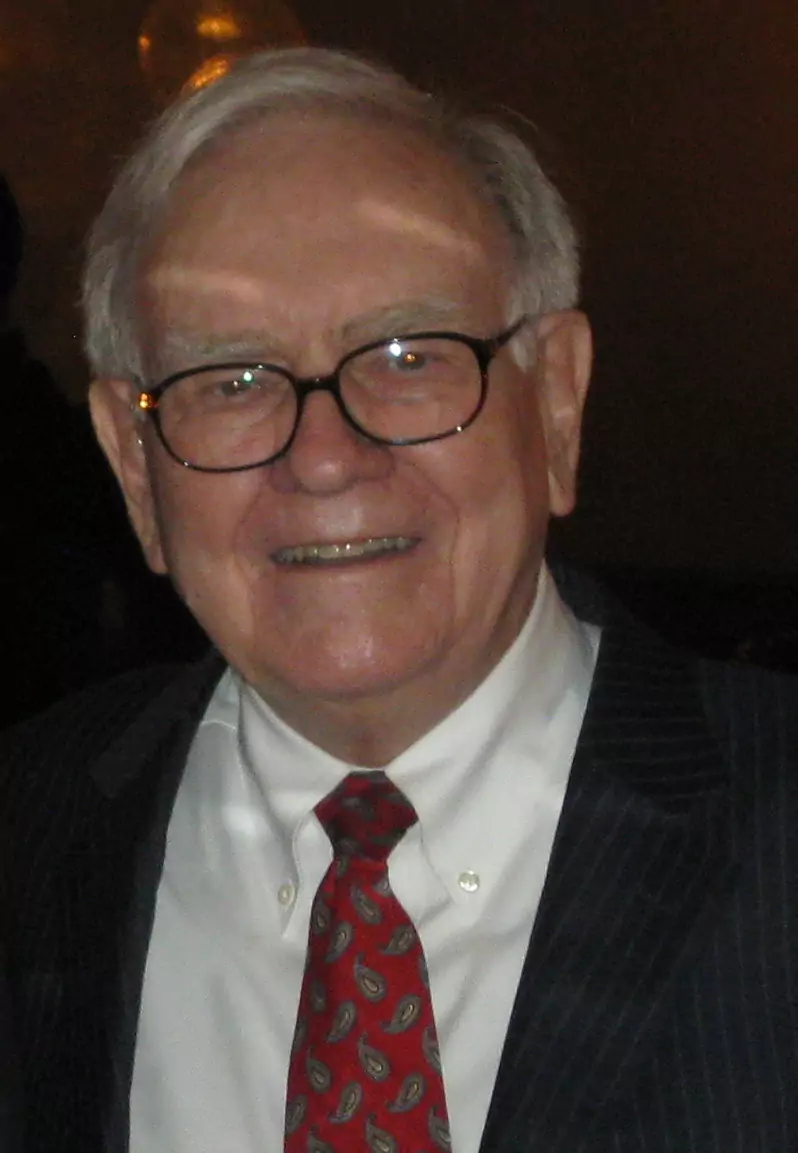At 94 years of age, Warren Buffett takes a step back. After more than six decades at the helm of Berkshire Hathaway, he announces that he will step down as CEO by the end of 2025 . He did it in his own way, from the stage of the historic annual meeting in Omaha, with the lucidity of someone who has managed to turn a failing textile company into a $1.160 billion colossus. And with the humility of someone who, despite being one of the biggest investors ever, still speaks plainly.
“I think the time has come for Greg to become CEO of the company at the end of the year,” he said referring to his designated successor, Greg Abel, who sat at his side and who, it seems, had not been notified in advance.
The applause of over 40,000 in attendance preceded one of his most elegant lines: “The enthusiasm of this reaction could be interpreted in two ways.”
No shares for sale. Donations only
Buffett has made it clear that he does not intend to sell a single share of his shares: “I am not going to sell a single share in Berkshire Hathaway. They will all be donated.”
A gesture consistent with the lifestyle he has never changed: he has lived in the same house in Omaha for 65 years, and has already donated tens of billions to charity, leaving capital only to serve a vision, not dominate it.
An inspiring legacy
The reactions were not long in coming. Bill Gates, a friend and colleague of many philanthropic battles, called him: “One of the greatest CEOs ever, and arguably the most successful investor of all time. His legacy will inspire future generations.”
Jamie Dimon, number one at JPMorgan Chase, added: “Warren represents everything that is good about American capitalism: integrity, optimism and common sense.”
And Tim Cook, Apple’s CEO, wrote: “It has been one of the great privileges of my life to know him. And there is no doubt that Warren is leaving Berkshire in very good hands with Greg.”
The political message: less tariffs, more shared future
In between taking stock and celebrating, Buffett also sent a clear message to US economic policy, criticising President Trump’s protectionist policies: ‘It is a big mistake, in my opinion, when you have 7.5 billion people who don’t look favourably on you and 300 million who brag about their successes. We should trade with the rest of the world. Everyone should do what they do best.”
The man who could read time
History tells us that Warren Buffett bought his first share at 11, filed his tax return at 13 and, without ever raising his voice, built an empire that touches every corner of the global economy: from Geico to Duracell, from Dairy Queen to Apple, via Coca-Cola and American Express.
He never ran, he waited. He made time an ally, trust a currency and simplicity a style of leadership. He never gave in to haste, not even when the world did.
There are no special effects in his farewell. Just a dry, clear statement, consistent with everything he has always done.
Buffett was not only the best investor of the century, he was the man who best predicted the weather. Anticipating it, so much so that he earned the nickname the Oracle of Omaha. And then waiting for it to come. (photo Aaron Friedman, CC BY 2.0, via Wikimedia Commons)
ALL RIGHTS RESERVED ©
